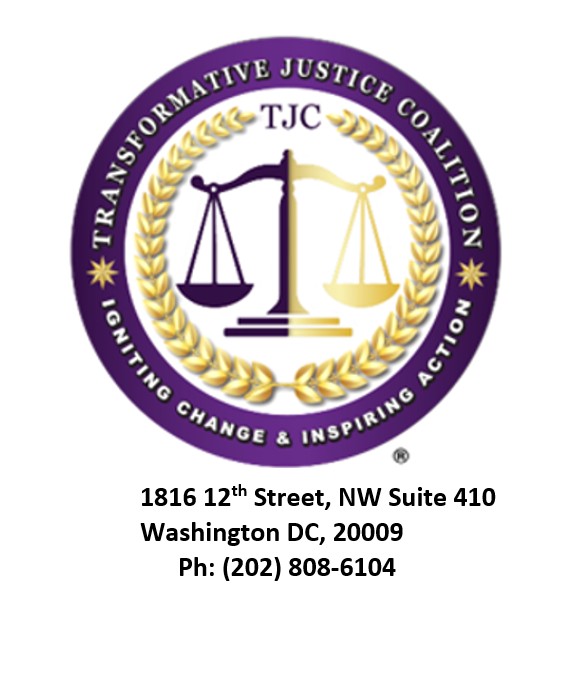
Dr. Barbara Reynolds, Dr. Julianne Malveuax, Hazel Trice Edney, Barbara Arnwine, Janice Mathis, Melanie Campbell, and Dr. Symone Campbell served as the honorary women of the day at the 14th annual Stateswomen for Justice Luncheon on March 28. (Jada Ingleton/The Washington Informer)
Originally Reported: https://www.washingtoninformer.com/
Each March, freedom fighters and Black media makers gather at the Trice Edney News Wire Stateswomen for Justice luncheon to celebrate journalism, women leadership, and address the realities of Black America.
With a theme of “America in Emergency,” this year’s event emphasized the need for a surge in Black voters, particularly with Black women leading the charge.
“I wanted the takeaway to be the level of importance that we hold in the election process. We should never allow ourselves to be taken for granted,” said Hazel Trice Edney, founder of Trice Edney Communications and the correlating news wire. “Our issues are important and we must not only, in the words of Frederick Douglass, agitate, but realize power concedes nothing without a struggle. It never has and it never will.”
Since its inception in 2010, Edney’s annual luncheon aims to recognize some of the women change agents within the community. She considers the event a necessary platform “for women, by women” that ensures credit is being given where it is due.
Dr. Benjamin Chavis, president of the National Newspaper Publishers Association (NNPA), recognized the generational impact of Black women in a call to action.
“There would be no civil rights movement if it weren’t for Black women,” he began. “If we rise up and break every shackle, every chain and have the best Black voter turnout, then we can get out of this state of emergency.”
The afternoon consisted of a multitude of women leaders who embodied the dedication necessary to fight for true equity and justice for all. Each panelist echoed sentiments of unity and a demand for change.
“We’ve always been in a battle, and Black women have always been singled out in it,” said Barbara Arnwine, president and CEO of the Transformative Justice Coalition. “To all of these perpetrators of voter suppression, you may think you can win; but the reality is there’s only one victory, and that victory is ours because we will do the fighting. We will never back down, because that’s who we are.”
Maka Taylor, founder of Global Gaines Consulting, who attended the luncheon, said she recognizes the power of Black women’s vote, but wondered if emphasizing voting is enough to reach younger populations and enact change where it is needed.
“Black women are the most important voting block there is in [the] United States. We are all the money, we are all the trends…What will it take for us to leverage that to get what we want,” Taylor, a student at the University of the District of Columbia, told The Informer.
As a mother and social economist, Taylor explained there is more to be said about the interpersonal connections that affect the community and voter turnout, and upholds the need for “more tangible” efforts that could be pivotal to the future Black America.
“We have to start with self-accountability,” she explained. “There’s a lot in the Black community that is disadvantageous to us as a collective. There are a lot of tenants of Black culture that do not assist us with moving forward.”
The Stateswomen for Justice luncheon reflected both the progress of Black America and the push to continue fighting a greater cause. While there is still much work left to do before casting ballots, there are many freedom fighters determined to foot the bill and advocate for the future of the culture.
“Never forget, we are the difference,” Arnwine said. “Fight for the Freedom to Vote Act, fight for the John Lewis Voting Rights Act. That’s how we win for the future and make sure that this country is compelled to be the land of the free.”

CEO and President of the Transformative Justice Coalition Barbara Arnwine received metaphorical and literal flowers for her birthday and contributions as a renowned civil rights leader. (Jada Ingleton/The Washington Informer)
